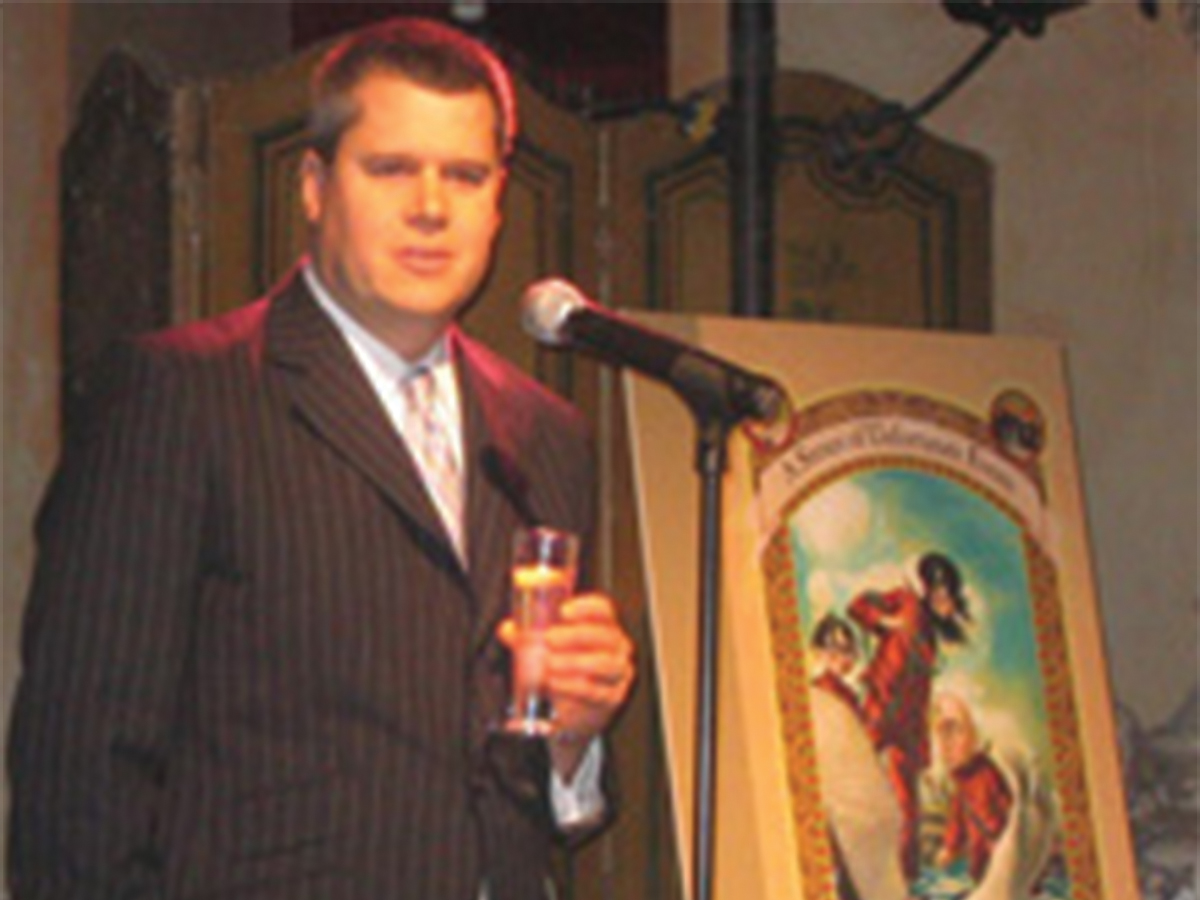Dear Reader,
If you have begun reading this, then that could only mean that you have arrived at the Arts & Entertainment section of The Highlander, UCR’s student-run school newspaper. You have turned the pages on the trending news, various opinions and event features the student writers have showcased only to come here to read this “In Retrospect” article for the children’s book series, “A Series of Unfortunate Events.” I’m sorry to say that you will be reading an overview of the tragic and sorrowful tale of the Baudelaire orphans. If you wish to read something more pleasant, I hear there is a comics section somewhere in the very newspaper you are holding. That would be much more suitable than the following article based on Lemony Snicket’s troubling tales of misfortune, a word which here means, of unlucky circumstances.
Back in 1999, the imaginative tale of a young wizard who goes to a school filled to the brim with flying brooms, magic spells and talking portraits had just started rattling the imaginations of a new generation across the world. But on the other side of the spectrum? Well, there was Daniel Handler, who under the pen name, Lemony Snicket, warned readers to steer clear from the sorrowful stories he crafted about three young orphans whose parents had just died in a fire, only to have to be taken care of a psychotic and deceitful madman who was after the enormous fortune their parents left behind. Now, tell me, what seems like a much happier read?
Well, if anything, Snicket himself would say to avoid the dark and witty narrative of the three Baudelaire children: The oldest and inventive Violet, the ever-so knowledgeable Klaus and the young but destructive Sunny as they face miserable ordeals in each chapter of the now 13-book series, aptly-named, “A Series of Unfortunate Events.”
Now, of course I’m not putting down the equally fascinating wizarding world of the Boy Who Lived. But looking back, Snicket created something that clearly shouldn’t have been a children’s book series, but was. The series found the Baudelaire orphans on the run from Count Olaf, a supposedly “close relative” who would stop at no length to get his hands on the wealthy fortune of the Baudelaires. The series was very much modeled after a “Tom and Jerry” like scenario and it all seems fun and playful at first, but deep within Snicket’s tales lied dark themes that might have been just too dark for children. Themes ranging from death, to abandonment, to conspiracies, to survival and emotional trauma are all found within the various misfortunes of the Baudelaire children. It’s a little heavy for what’s supposed to be a children’s book series, no? In hindsight, the series is about a murderous madman who stalks three young children and terrorizes them by putting them in the worst scenarios imaginable. It’s honestly a terrifying premise when put like that. And yet, the series was absolutely targeted to children. And for some reason, my 11-year-old self was insanely deep into the mythos of Snicket’s world.
With gothic influences as the forefront for the aesthetic of the series and the ridiculous situations the Baudelaires are forced into and pry their way out of, Snicket’s world is pretty absurd. Absurd in a way that Snicket would here say “would mean lacking logical reasons.” His world also relies heavily on the classic, “Adults are dumb and the children are smart” trope. But what doesn’t make it stale in his world is the fact that, because of the dark tones, the trope becomes a matter of life or death. It continually raises the tensions of the Baudelaires’ survival and the evil doings of Count Olaf.
The world the series is set in would not be what it is without Snicket’s signature dry, witty and dark sense of humor regarding the narrative of the brilliant Baudelaire orphans. That’s what most fascinated me about Snicket’s books. With every book he warns the reader not to read the stories of the Baudelaires, which comes across as reverse psychology for the reason that it makes the reader want to know how miserable the Baudelaires’ tales can be, so much that the author doesn’t want you reading his book. It’s brilliant.
Within the stories, Snicket also acts as his own character who investigates the Baudelaire case, his “sad duty to write down these unpleasant tales.” Right off the bat, Snicket acts as a way more fascinating narrator in this way, much more than the typical “children’s book author.”
If I were to describe “A Series of Unfortunate Events,” it would say that it’s wholly unique. The series is not your typical children’s book series. It has dark and sometimes very adult themes throughout its narrative that seem so heavy for children to read. Combine that with Snicket’s brilliant, witty narration and tactical marketing and you have something that’s out of the ordinary, extravagant and purely sensational for millions worldwide to read, or, in Snicket’s terms, to not read.








